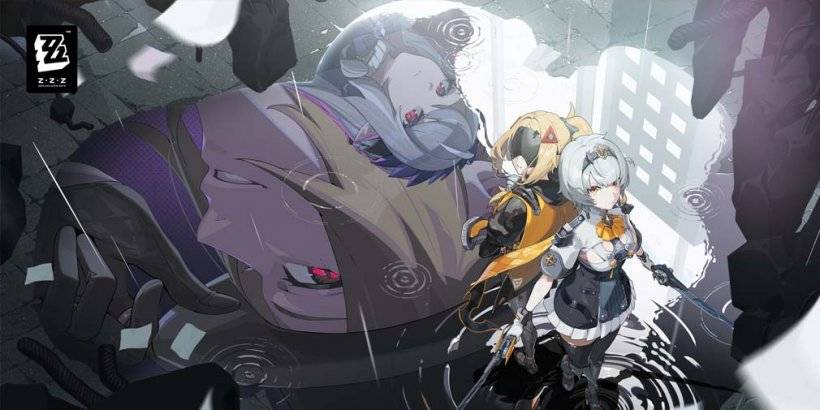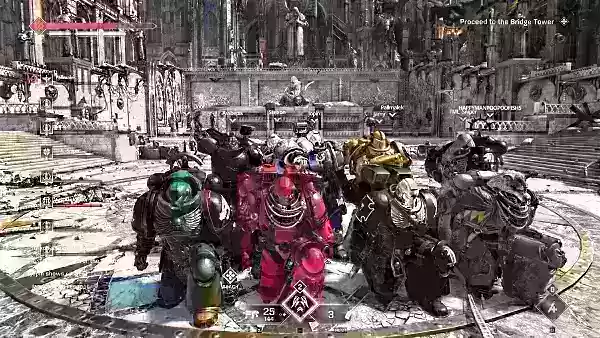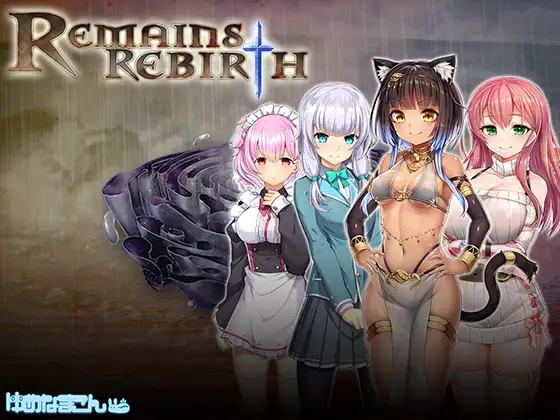One of the most unforgettable moments in the entire Assassin's Creed series unfolds near the beginning of Assassin's Creed 3. Players follow Haytham Kenway as he assembles a group believed to be assassins. Haytham's use of a hidden blade, his charisma reminiscent of the iconic Ezio Auditore, and his heroic actions—such as freeing Native Americans from prison and confronting British redcoats—lead players to trust him. However, when he utters the Templar creed, "May the Father of Understanding guide us," it becomes shockingly clear that we've been aiding the Templars, the sworn enemies of the Assassins. This twist epitomizes the series' potential, offering a narrative depth that was missing in earlier entries.
The original Assassin's Creed introduced the concept of tracking, understanding, and eliminating targets but struggled with its storytelling, leaving both protagonist Altaïr and his victims lacking personality. Assassin's Creed 2 improved with the engaging Ezio Auditore, yet it failed to develop his adversaries effectively, notably Cesare Borgia in the spinoff Assassin's Creed: Brotherhood. It was only with Assassin's Creed 3, set during the American Revolution, that Ubisoft truly invested in fleshing out both the hunters and the hunted, creating a seamless narrative flow from setup to payoff. This balance of gameplay and story has yet to be replicated in subsequent titles.
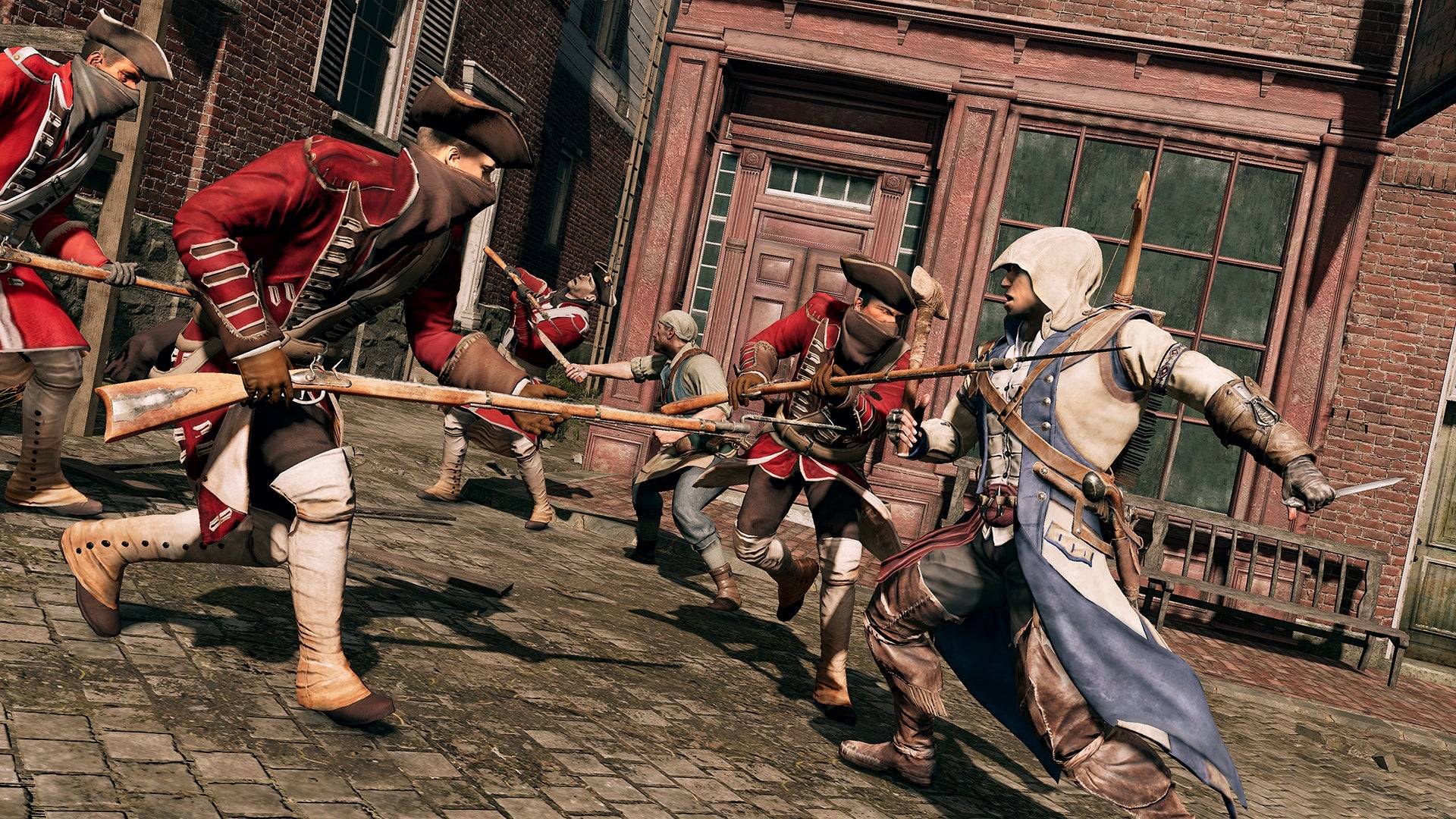
The underappreciated Assassin's Creed 3 strikes the perfect balance of gameplay and story. | Image credit: Ubisoft
Despite the positive reception of the RPG era, a consensus among fans and critics suggests that the series has been in decline. Various factors are debated, from unrealistic modern game premises to the inclusion of romance options and the introduction of historical figures like Yasuke in Assassin's Creed Shadows. However, I believe the true cause of this decline is the shift away from character-driven storytelling, which has become overshadowed by expansive open-world elements.
Over the years, Assassin's Creed has expanded its action-adventure roots with RPG and live service elements, including dialogue trees, XP-based leveling, loot boxes, microtransactions, and gear customization. However, as these new installments have grown larger, they've often felt less substantial, both in terms of repetitive side missions and in their storytelling approach. While a game like Assassin's Creed Odyssey offers more content than Assassin's Creed 2, much of it feels less polished and immersive. The focused, screenplay-like scripts of the earlier action-adventure era allowed for well-defined characters, which are diluted in games that demand protagonists adapt to numerous player-driven scenarios.
This shift results in interactions that feel more like conversations with generic NPCs than with complex historical figures, a stark contrast to the rich writing of the Xbox 360/PS3 era. Iconic moments like Ezio's defiant "Do not follow me, or anyone else!" after defeating Savonarola, or Haytham's poignant final words to his son Connor, exemplify the powerful storytelling of this period:
*“Don't think I have any intention of caressing your cheek and saying I was wrong. I will not weep and wonder what might have been. I'm sure you understand. Still, I'm proud of you in a way. You have shown great conviction. Strength. Courage. All noble qualities. I should have killed you long ago.”*
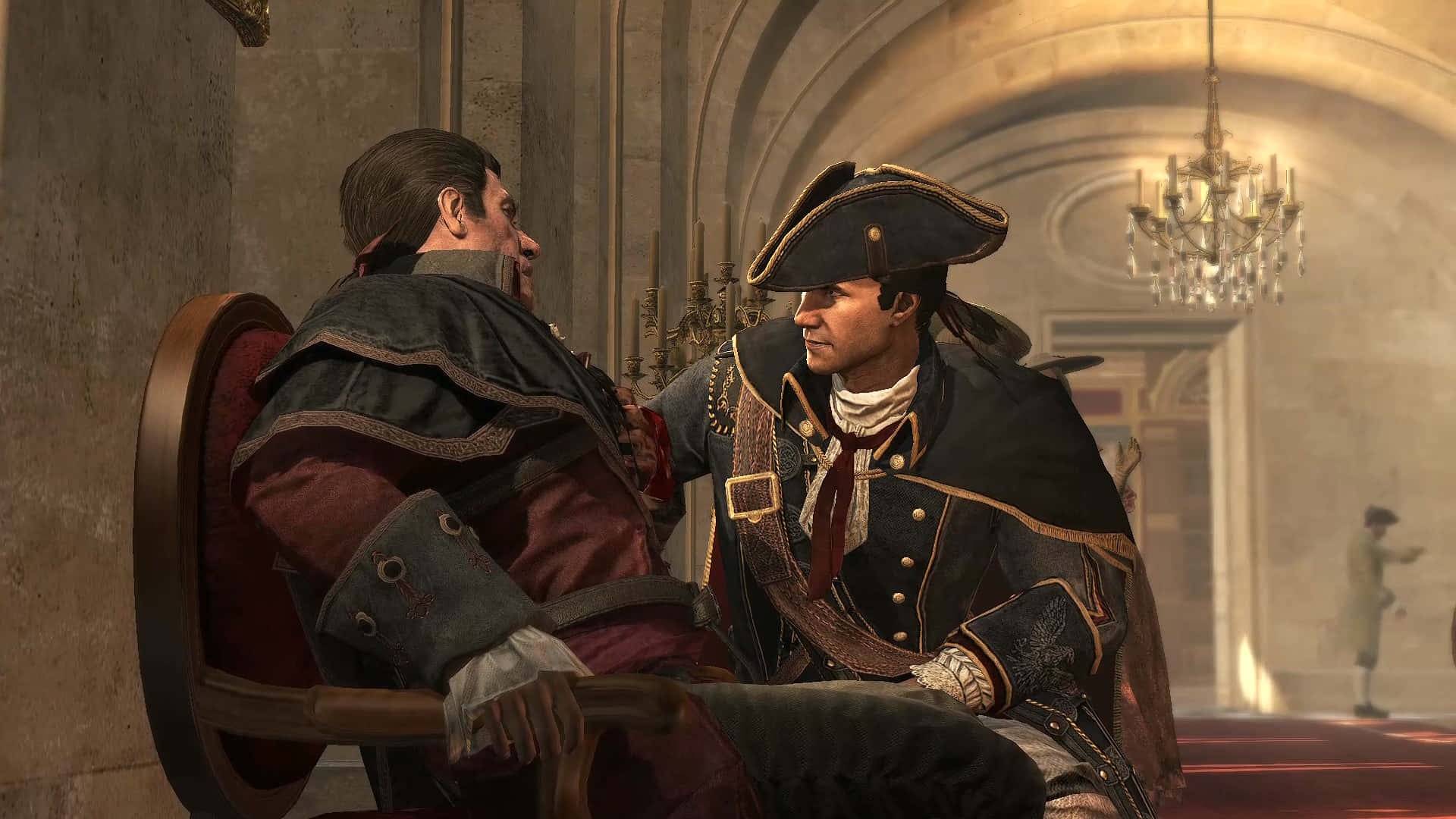
Haytham Kenway stands out as one of Assassin's Creed's most compelling villains. | Image credit: Ubisoft
The narrative depth has also waned in other ways. Modern games often simplify the conflict to a binary good versus evil, while earlier titles blurred the lines between Assassins and Templars. In Assassin's Creed 3, each Templar's final words challenge Connor's (and the player's) beliefs, prompting deeper reflection. William Johnson suggests the Templars could have prevented Native American genocide; Thomas Hickey labels the Assassins' mission as unattainable; Benjamin Church argues that perspectives differ, with the British viewing themselves as victims. Haytham undermines Connor's trust in George Washington, hinting at the potential tyranny of the new American nation—a claim validated when we learn that Washington, not Charles Lee, ordered the burning of Connor's village. By the game's end, players are left with more questions than answers, enhancing the narrative's impact.
Reflecting on the franchise's history, the iconic track "Ezio's Family" from Assassin's Creed 2 resonated deeply with players, becoming the series' theme. The PS3 games, especially Assassin's Creed 2 and 3, were fundamentally character-driven experiences, with "Ezio's Family" capturing Ezio's personal grief over his lost family more than the Renaissance setting itself. While the current generation boasts expansive world-building and stunning graphics, I hope Assassin's Creed will return to its roots, delivering focused, character-centric stories that originally captivated fans. However, in today's market, dominated by vast open worlds and live service ambitions, such a return might not align with "good business."

